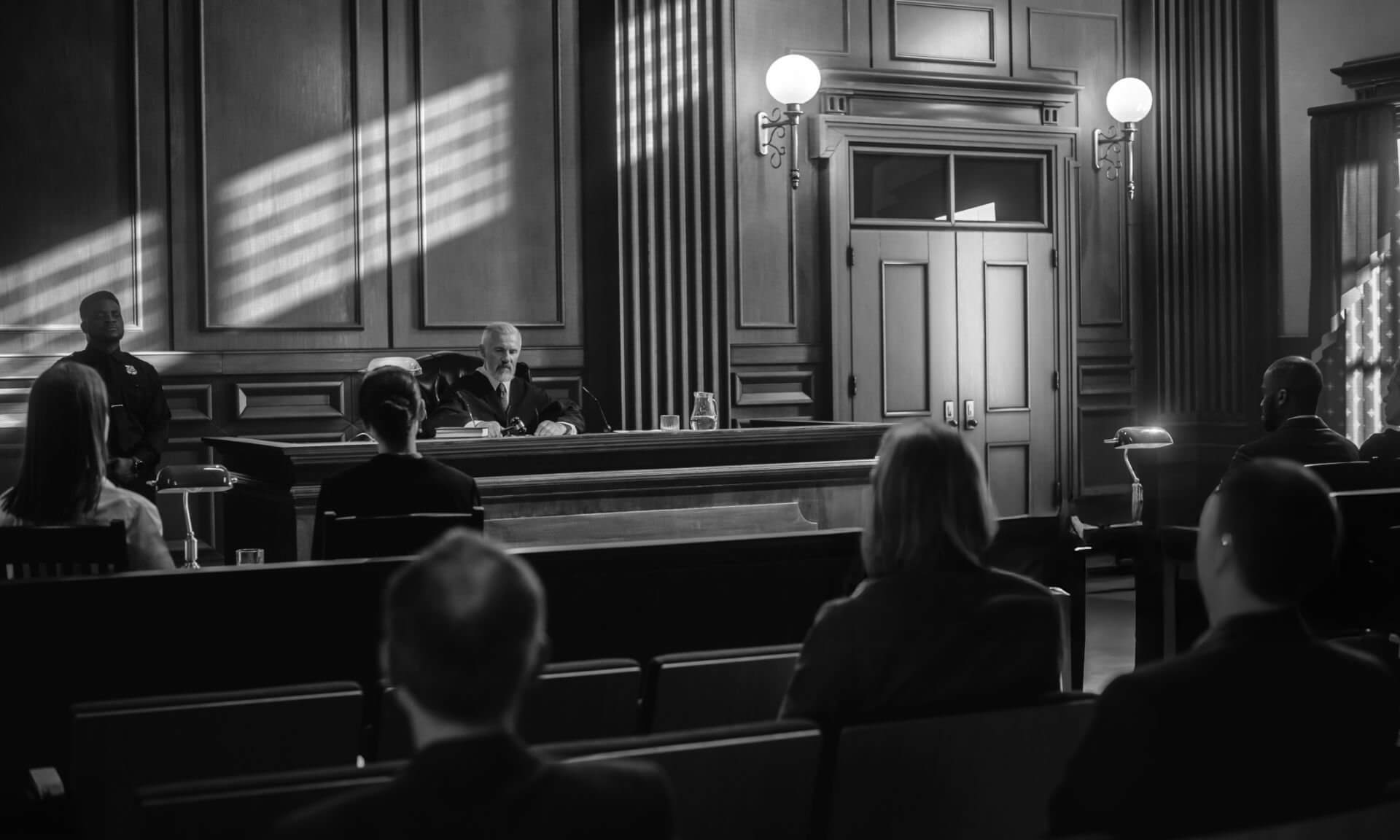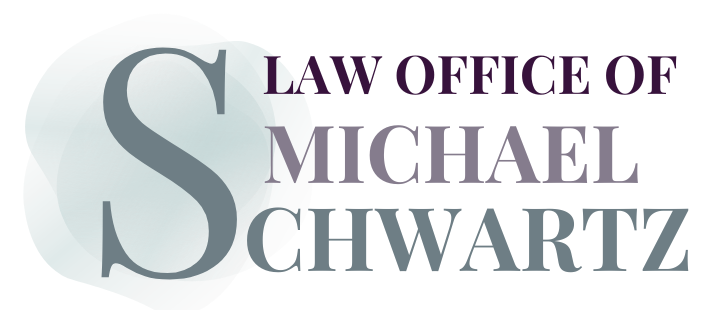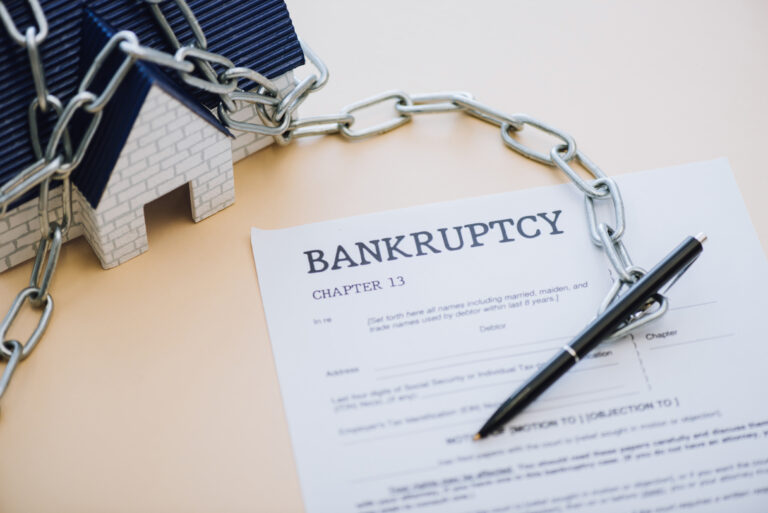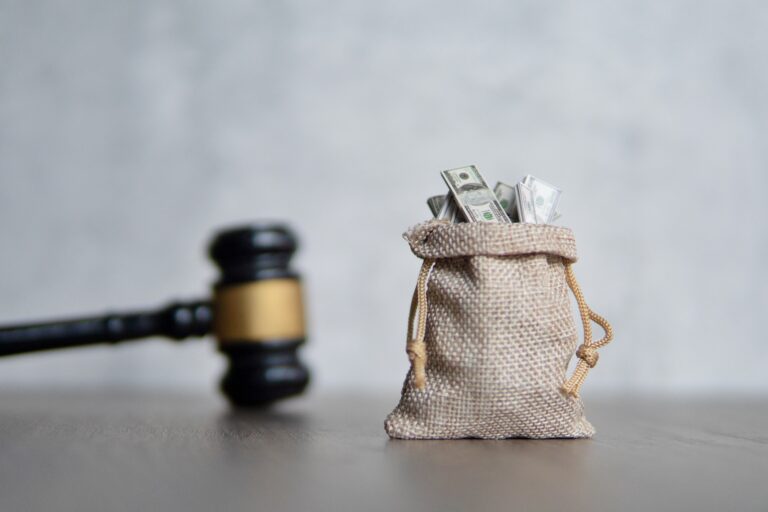
What is a Chapter 7 bankruptcy?
For those that qualify, a Chapter 7 bankruptcy will discharge debt so that you are no longer responsible for it and provide a fresh start. Chapter 7 bankruptcy is also a liquidation proceeding. Because of the powers of the bankruptcy trustee to sell assets, it is extremely important that you discuss your assets with an experienced bankruptcy lawyer like Michael Schwartz to make sure your assets can be protected in a Chapter 7 bankruptcy. If an asset is not properly protected, the debtor turns over the unprotected property to the bankruptcy trustee, who then converts it to cash for distribution to the creditors. In a successful Chapter 7 bankruptcy, a debtor will receive a discharge within 3 to 4 months after filing the Chapter 7 bankruptcy.
Who can file a Chapter 7 bankruptcy?
What is a Chapter 13 bankruptcy?
Who can file a Chapter 13 bankruptcy?
What are the most common reasons for filing a Chapter 7 bankruptcy?
What are the most common reasons for filing a Chapter 13 bankruptcy?
Is it true that I can wipe out all of my bills?
Does the filing of bankruptcy stop bill collectors from calling or suing me?
How long after the bankruptcy is filed will the creditors stop calling?
Can I keep my home after bankruptcy?
What types of personal property may I keep?
Can I keep my credit cards after bankruptcy?
I am married. Does my spouse also have to file for bankruptcy?
What happens to my personal property, real property and other assets?
Will my employer find out about my bankruptcy?
Will I lose my job?
Can I go to jail if I file bankruptcy?
Will bankruptcy stop a wage garnishment?
Will Chapter 7 bankruptcy stop a foreclosure?
Will bankruptcy stop an eviction?
Will bankruptcy stop a judgment?
Will bankruptcy remove a lien?
I am a co-signer for a debt. How does bankruptcy affect my obligation?
Who notifies the creditors and bill collectors of my bankruptcy filing?
What if I forget to list a creditor on my bankruptcy papers?
Do I have to go to court?
How long before I get my Chapter 7 discharge?
What happens to my credit rating after bankruptcy?
After bankruptcy, how do I re-establish my credit?
Is there anything that I should not do if I am contemplating filing for bankruptcy?
If I need to file bankruptcy again, how long do I have to wait?
Who can help me with my bankruptcy?
Are there any alternatives to bankruptcy?
You Might Also Be Interested
The Bankruptcy Process: What to Expect from Start to Finish
Senior Bankruptcy: How to Protect Your Retirement from Debt


Are You Seeking Relief from Overwhelming Debt? Let's Navigate This Together.
If you’re feeling the weight of financial stress and relentless pressure from creditors, it’s time to consider a fresh start. As a dedicated bankruptcy lawyer, I understand the complexities and challenges you’re facing. Together, we can explore your options and find a path towards financial stability and peace of mind.
Bankruptcy might seem daunting, but it’s a legal tool designed for relief and recovery. It’s not the end of your financial journey; it’s a new beginning. Whether you’re dealing with personal or business debt, I’m here to guide you through every step of the process, ensuring that you understand your rights and the potential outcomes.
Don’t let fear and uncertainty hold you back. Reach out for a confidential consultation. Together, we can assess your situation, discuss your options, and start working towards a solution that gives you back control of your finances.
Office Locations
The Law Office of Michael Schwartz proudly serves clients across our 3 convenient office locations, making trusted legal support accessible to you.




